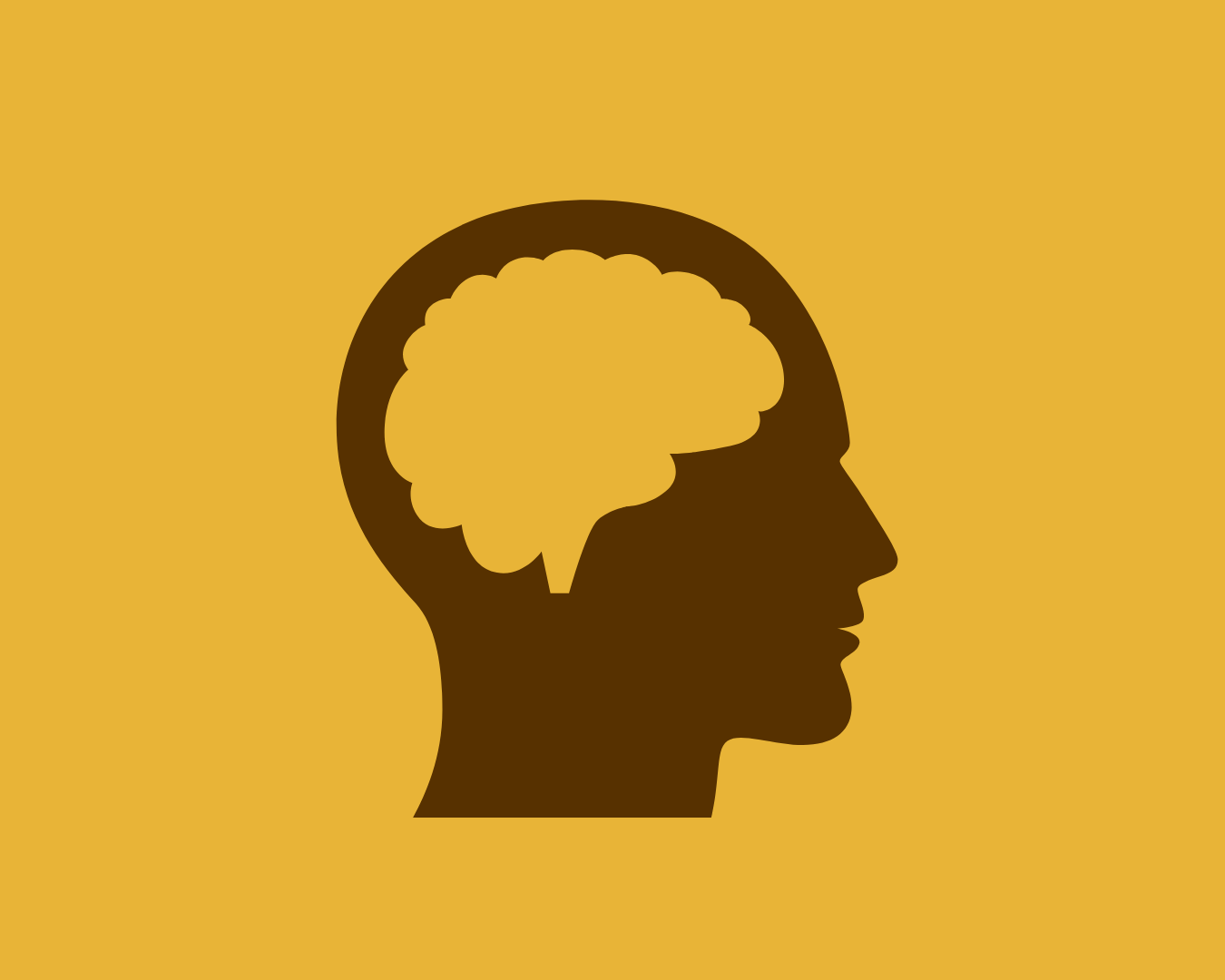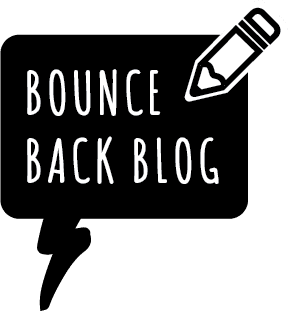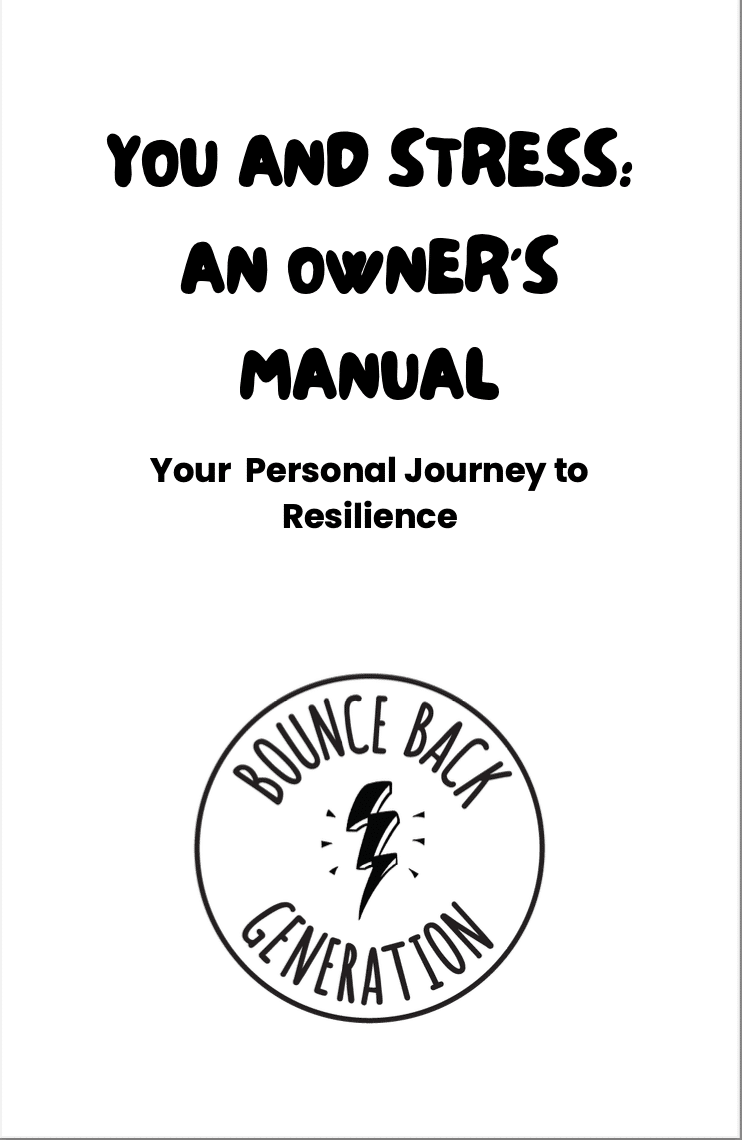The Nervous System
The nervous system affects every part of your physical/mental health, from your sleep, diet, and responses to stress. It’s not just us here at BBGTV who believe the nervous system, and the brain-body connection is really important. Research has shown that the brain and body have an interconnected relationship, with both being affected by each other.
So if your life experiences affect how your nervous system develops and acts, then that means trauma and stress are terrible for it. Many people unfortunately have a lot of trauma and chronic stress. By the way, chronic stress is stress that happens over a long period. All of this can disrupt the development of the nervous system. Areas where the population has high amounts of trauma and chronic stress include:
- Lower-income communities and countries
- Places suffering from war and natural disasters
- Countries with high inequality and inequity
Oftentimes, the effects start at a young age in early childhood.
Childhood Development
Trauma and chronic stress affect the nervous system the most during childhood development. How our brain develops and grows is directly related to the experiences, environment, and people we have in our early life. Children need their parents and caregivers to teach them independence skills and social skills.
Children also need to grow and develop in an environment that fosters safety and protection, rather than one full of neglect and chronic stress. We also know that our genes also play a role in how our nervous system develops, and even how much stress we have. But this is not the sole factor, and we can’t control our genes. So the right environment and adults must be there to support the development of our nervous system during our childhood years.
Nurture vs. Nature
In nature vs. nurture, the nature argument means that a person’s genes and characteristics play a primary role in shaping their personality, abilities, and behavior. On the other hand, the nurture argument means that environmental factors, like parenting, education, and life experiences, have a greater impact on development.
When it comes to trauma in early childhood, both nature and nurture can play important roles. A child’s genes may make them more vulnerable to certain mental health illnesses or cause them to react strongly to stress and adversity. But also, the environment where a child grows up, the relationships with parents caregivers, and exposure to traumatic events and things, can have an impact on development. The brain-body is directly tied to the nature vs. nurture debate and shows the complex relationship between genetics, early childhood experiences, and brain development on trauma.
Childhood Trauma
Childhood trauma is usually measured by the level of stress a child experiences. This stress can be divided into three types: positive, tolerable, and toxic stress.
- Positive stress is supposed to be necessary and can help build resilience in children, as long as there is a caring adult there to support them through it.
- Tolerable stress comes from more intense but short-lived experiences, such as family troubles or the death of a loved one, and can usually be overcome with help.
- Toxic stress, which is extreme and can last a long time, has the most damaging effects on a child’s physical and mental health. This type of stress can also have impacts on our brain, including reducing its size and affecting memory abilities.
High levels of stress hormones make our immune systems weak and make us extra sensitive to stress in the future when we are adults. Childhood trauma can also lead to nervous system dysregulation, which can mean different things, like the inability to control emotions or disproportionate overreactions to everyday situations. This continues into adolescence and adulthood, where we can make bad decisions that permanently change our lives and others.
Learn with Dr. Kennedy
Join BBGTV.org and bounce-back blogs as we learn from Dr. Winston Kennedy. He is a highly accomplished, knowledgeable physical therapist with a master’s degree in Public Health and a Ph.D. in Kinesiology. Learn with us as Dr.Winston shares his insights and expertise on the brain-body connection podcast below.
Conclusion
The information Dr. Kennedy shared with us is dense and can be hard to understand. But to give you a recap, we learned from him a few things:
- Our nervous system regulates our body both consciously and subconsciously, in all our functions
- Early childhood trauma and chronic stress impact the regulation of the nervous system the most
- Consistent Stress/trauma without the support necessary from caregivers or the environment leads to nervous system dysregulation
- As we get older, the effects that come with nervous system dysregulation from our childhood continue to make us less healthy, and more reactive
With the expertise of Dr. Winston Kennedy, we have learned about the relationship between our brain and body and how it can be messed up by chronic stress. It is important for adults and for environments to provide a safe and nurturing environment for children. This is so their nervous systems to develop positively, as it can have long-term effects throughout their lives. Join BBGTV, and bounce back blogs for more in the future. Thank you for reading!
BBGTV’s Spotlight Mini-Course
We’re thrilled to offer you a unique learning opportunity that’s designed to ignite your curiosity and expand your knowledge. These engaging mini-courses are perfect for youth seeking a quick yet fun educational experience. And the best part? Your privacy and anonymity are our top priority. We kindly invite you to click the image below to take the course to embark on a journey of discovery with BBGTV’s Spotlight Mini-Courses.













0 Comments